Nature reports
Publisher: NIOZ Royal Netherlands Institute for Sea Research
Page 2 of 6 - 56 Results
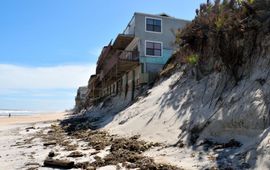
Worldwide, coastal areas are squeezed between a rising sea level on one end and human structures on the other. The distance between a sandy coastline and the first human structures averages less than 400 meters around the world...
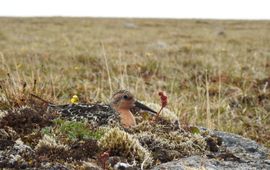
Many animal species become smaller or larger in recent decades, with climate change often mentioned as a cause. Red knots, shorebirds travelling ten thousand kilometers every year between breeding grounds in Arctic Russia and..
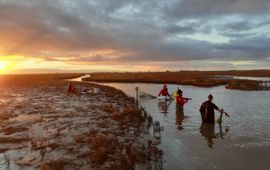
For five years, more than 20 researchers acquired new ecological knowledge about the subtidal nature of the Wadden Sea, an often understudied but important part of this ecosystem. The projects Wadden Mosaic (Waddenmozaïek) and..
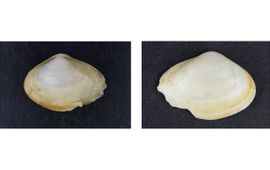
The Asian clam has found its way to the Dutch Wadden Sea. This is shown by field researchers from the Netherlands Institute for Sea Research (NIOZ). On other locations, the Asian clam has shown to be potentially highly invasive in..

With a recent publication in the journal Scientific Data, NIOZ researchers have made the data from the SIBES research programme from 2008 to 2021 available to the community. In SIBES, all tidal flats in the Dutch Wadden Sea are..

The Dutch contributing partners of the international MiningImpact3 consortium have been awarded 1.4 million euros. The money will be used to study the long-term ecological impacts of deep-sea mining, as well as the legal and..
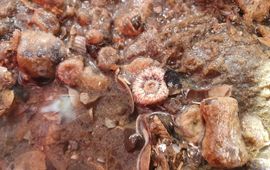
New results from the Wadden Mosaic research programme show that only ten percent of the underwater nature in the Wadden Sea is effectively protected. Moreover, protective measures such as the designation of protected areas, still..
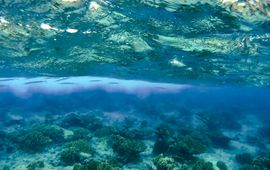
Fish and invertebrate animals are far more affected by warmer and more acidic seawater than previously known. This is the conclusion of a study co-led by NIOZ marine biologist Katharina Alter, based on a new analysis method and..
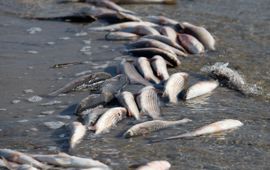
As more and more nutrients from land and air enter the world’s oceans, the dead zones without oxygen in the water will increase in size and intensity. That is the warning that PhD student Zoë van Kemenade, an organic geochemist at..
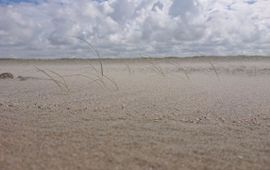
Plants are not interchangeable when it comes to forming young dunes on a beach. This is shown in the thesis of coastal ecologist Carlijn Lammers of NIOZ. She discovered that sand couch and marram grass form different types of..
